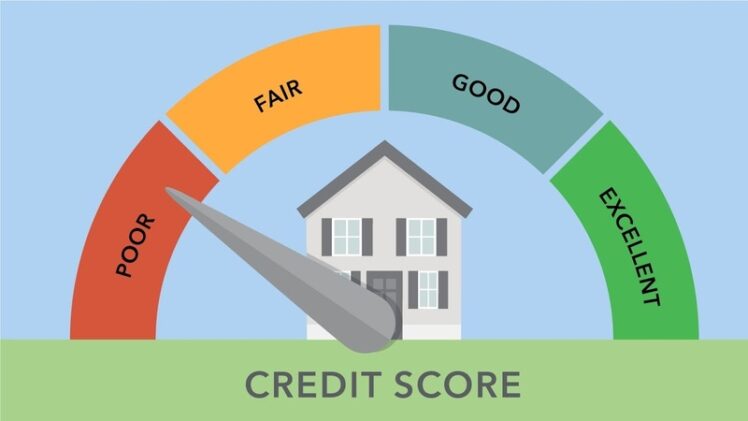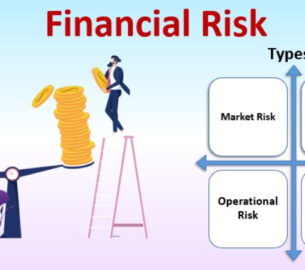Guidelines to raise your credit score
Reserve bank of India has licensed four credit companies to access and manage credit information of 600 million population of India. CIBIL is one of the most trusted credit information companies in India, and its credit scoring system of CIBIL score is synonymously referred to as the credit scores. CIBIL scores or credit scores is a three-digit score that ranges anywhere between 300 and 900. These scores are a rating that reflects your creditworthiness. That is, if your credit score is above average, it means that you have borrowed and repaid your credits responsibly until now. The ratings also have a direct impact on your eligibility of a loan, the loan amount you may be offered as well as the rate of interest you may be charged. The lenders depend primarily on these credit scores to judge the potential risks in lending you the money in cases of personal loans or collateral-free loans. Overall, the credit score is an indicator of how trustworthy you are as a borrower.
The CIBIL scores for businesses influence the business’ creditworthiness to the lender. The scores affect the company’s ability to attract investments. If you have an ideal credit report and a credit score higher than 750, more likely is your chance of obtaining personal loans or a credit card. A CIBIL score lower than 750 can make it very hard for you to borrow funds from banks or NBFCs. The lenders may offer you a loan at an interest rate that is too high if your score is closer to 750 or may reject your application if it is lesser than 750. Hence, to ensure your creditworthiness, it is essential to understand techniques that can keep your credit scores at an acceptable range.
CIBIL score components and ways to maintain a good CIBIL score
A CIBIL score is calculated on various factors:
- About 35% of the credit score depends upon how successfully one has paid all their debts. Hence, repayment history is a very relevant aspect of calculating your credit score.
- The credit utilization ratio is yet another essential factor that adds to your credit score. If you have already utilized the credit sanctioned, then your credit utilization may go up increasing the risk of you being labelled a risky borrower. Using only 30% of your loan is considered the best credit ratio.
- Duration of availed credits contributes to about 15% of the credit score.
- High frequency of credit enquiries can influence your 15% of the credit score.
- A healthy credit mix of secured and unsecured loans that may be either long term or short term contributes 10% to your overall credit score.
So, if you need to maintain a good credit score, you must manage your loan repayments quite effectively. Payment of EMIs on time and managing credit cards by setting up payment reminders can help you create an excellent record of accomplishment. Similarly, limiting your credit card usage or cancelling the dormant cards can help you to keep in check of your burdens. Avoiding too many loans in a short span as well as part prepayments of your lengthy loan tenors is also an excellent method to improve your credit score.
If your CIBIL scores are too low to apply for a loan, read the subsequent section to understand ways of availing loans.
Low credit scores: You can still apply for loans

Non-banks will always lend you
NBFCs also rely on credit scores to offer you loans. But the eligibility criteria for these financial institutions have relatively less stringent eligibility criteria.
Guarantor or co-signer
A loan application with a co-borrower can help you to distribute the repayment responsibilities. And if the co-borrower has a better credit score, then you have a higher chance of availing more significant amounts.
Secured loan and financial proof
A collateral loan has lesser eligibility criteria when compared to the no-collateral ones, and these loans may forgo the high credit score aspects as well. Similarly, it will be better to provide enough shreds of evidence about your financial backings to increase your credibility.
Informal means
Borrowing money from family and friends would be the last step to raise your credit as you have a provision to pay them back conveniently when you accumulate enough funds.
Improve scores
Ensure that you follow ways to improve your credit score over six months or a year. Please go through the following tips to raise your credit scores.
Six tips to increase your credit score
- Avoid co-signing loans unless you need a loan
- Avoid taking too many loans in a short time
- Seek the advice of a financial planner or a CA before applying for a loan
- Repay all your EMIs and card bills on time
- Avail short-term loans if you do not have any credit history
- Use debt consolidation loans to avoid the transfer of dues to a debt collection agency.
Know More About : How Does CIBIL Scores Help In Mortgage Loans?












